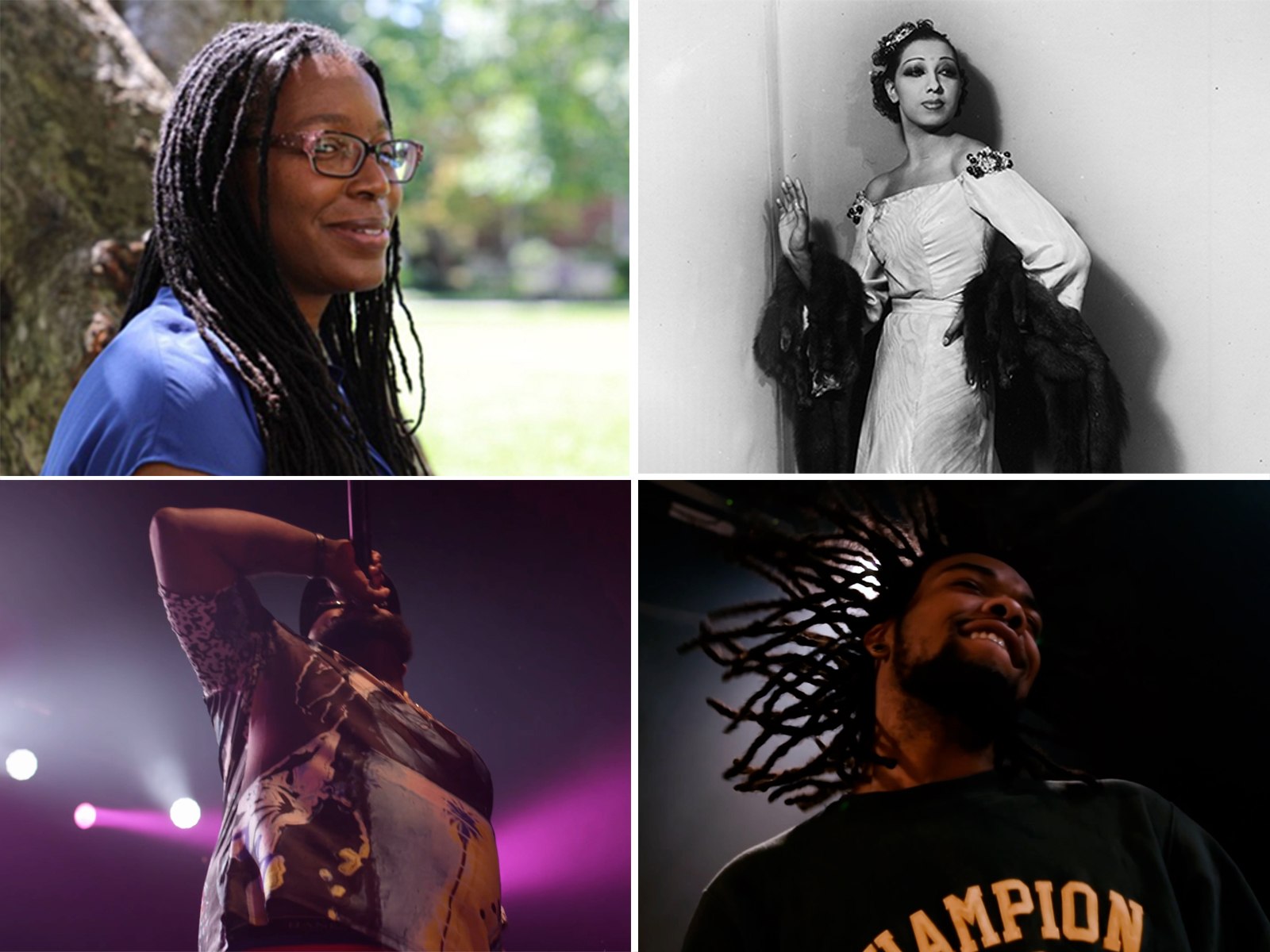
- Television
Black History Month on American Public Television
During Black History Month, there are no shortage of fascinating stories available to strengthen our appreciation for the contributions made by African Americans to U.S. history and culture. American Public Television (APT) has put together five programs celebrating those contributions in performing arts, civil rights, critical scholarship and more. From profiles on significant figures including Ida B. Wells, Josephine Baker and Marian Anderson, to highlighting literature on race and racism with Dr. Henry Louis Gates, Jr., these compelling shows help us recognize both the challenges and triumphs made by African Americans.
*Check local public television listings for broadcast dates/times in your own city and state. Ida B. Wells: American Stories, The 87th Annual Anisfield-Wolf Book Awards and Marian Anderson: Once in A Hundred Years are also available to stream with the KVCR Passport member benefit on PBS.org and the PBS Video App.
The 87th Annual Anisfield-Wolf Book Awards
“The Anisfield-Wolf Book Awards” is the only national juried prize recognizing literature that has contributed to our understanding of racism and human diversity. Hosted by acclaimed scholar, lecturer, social critic, writer, and editor Dr. Henry Louis Gates, this special features the 2022 winners and their work: Percival Everett (fiction), Donika Kelly (poetry), George Makari (nonfiction), Tiya Miles (nonfiction), and Ishmael Reed (lifetime achievement).
Ida B. Wells: American Stories
There are few historical figures whose life and work speak to the current moment more than Ida B. Wells, the 19th-century crusading investigative journalist, civil rights leader, and passionate suffragist. In the wake of her recent posthumous Pulitzer Prize citation, Chicago street-naming, and the release of a revealing new biography by her great-granddaughter Michelle Duster, this hour-long documentary promises to tell her story in a whole new light.
We Were Hyphy
“Hyphy” was a musical movement that emerged from the streets of Oakland, California in the ’90s and encouraged kids to ‘go dumb’ – to stop thinking, have fun, and dance instead of getting violent. We Were Hyphy explores this movement through interviews with the charismatic artists behind the music and also looks at the dances, fashions, and culture spawned by their genius. The film traces the movement’s influence on a variety of artists, from legendary figures such as Keak da Sneak, Mac Dre, and Mistah FAB to modern-day artists such as Kamaiyah, G-Eazy and Rafael Casal. A love letter to “Hyphy”, the film also details the highs and lows of the movement and its enduring place in the hip-hop pantheon
Josephine Baker: The Story of An Awakening
Josephine Baker: The Story of An Awakening delves into rare archives to shed new light on the story behind the first Black superstar. Baker, born into poverty in Missouri in 1906, moved to France where she became a dancer hailed as the ‘Queen of Paris’ and then joined the French resistance. During her time overseas, the famous dancer made three trips back to the U.S. and each time experienced profound racism as she discovered her worldwide fame did not insulate her from suffering the indignities of many African Americans at home. The archives also document her final battle as a civil rights activist, once she realized that racism was her own fight.
Marian Anderson: Once in A Hundred Years
Marian Anderson is considered one of the most important opera performers of the 20th century. The celebrated contralto was born in South Philadelphia in 1897 and played a vital role in the acceptance of African Americans in classical music. The documentary traces the arc of her life and her struggles against racism and poverty which initially led to her becoming revered in Europe. When she returned home in 1939 to be part of a concert series held at Constitution Hall in Washington D.C., she discovered that the hall’s owners, the ‘Daughters of the American Revolution’ had barred her from singing there because she was black. After encouragement by the NAACP, then-Secretary of the Interior, Harold Ickes, walked her onto a stage built on the steps of the Lincoln Memorial and introduced her to the crowd of 75,000 people, who were part of one of the most important musical events of the 20th century.

